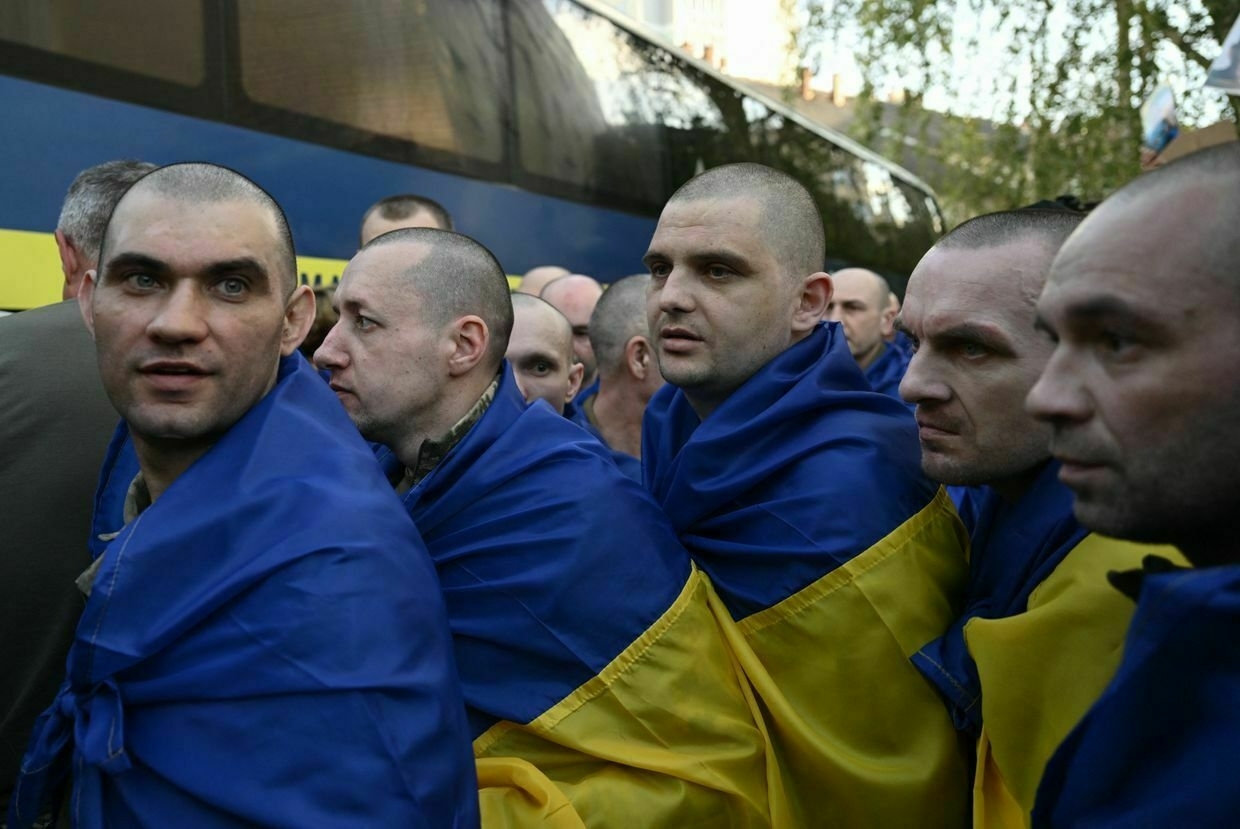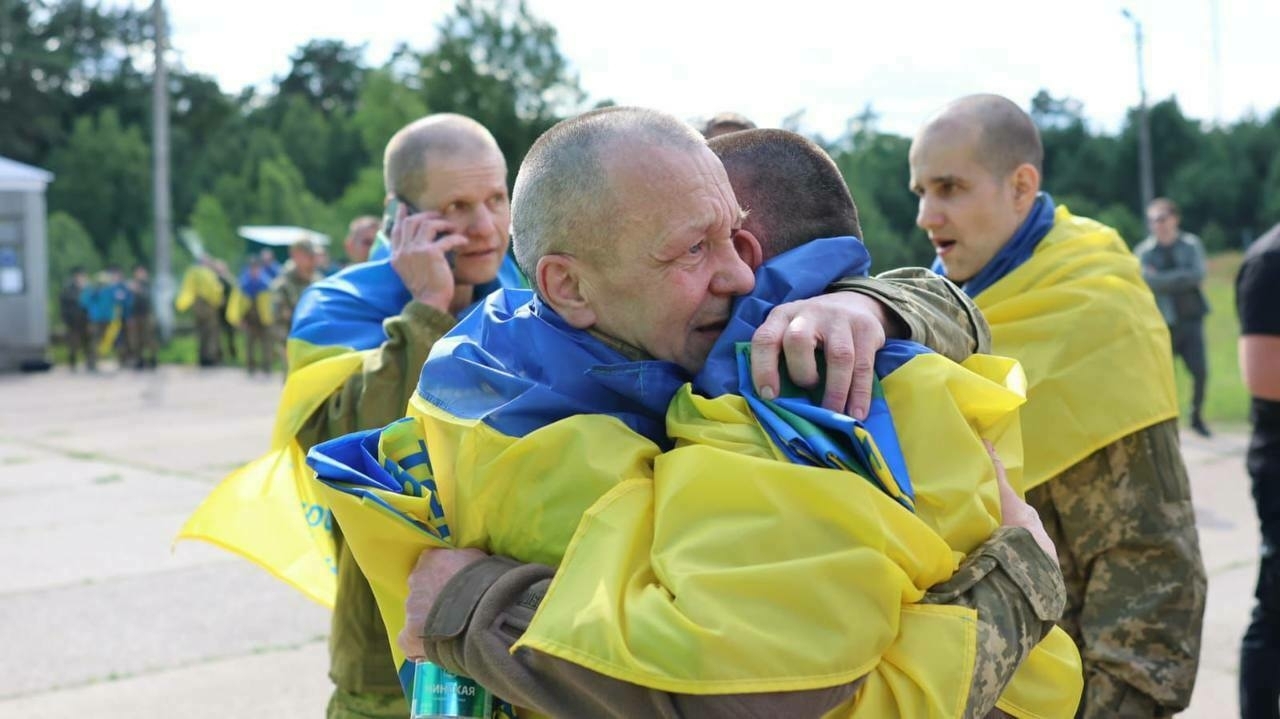
Ukraine has brought home a group of soldiers released from Russian captivity, President Volodymyr Zelensky said on June 26, marking yet another in a recent series of exchanges with Moscow.
“Today, soldiers of the Armed Forces, the National Guard, and the State Border Guard Service are returning home,” Zelensky said without revealing their numbers.
The exchange follows five similar swaps carried out in recent weeks in accordance with agreements reached between Kyiv and Moscow at the second round of peace talks in Istanbul on June 2.
As in the other recent swaps, the latest one focused on severely ill and wounded POWs and also included a group of young soldiers under the age of 25, the Coordination Headquarters for the Treatment of Prisoners of War (POWs) said.
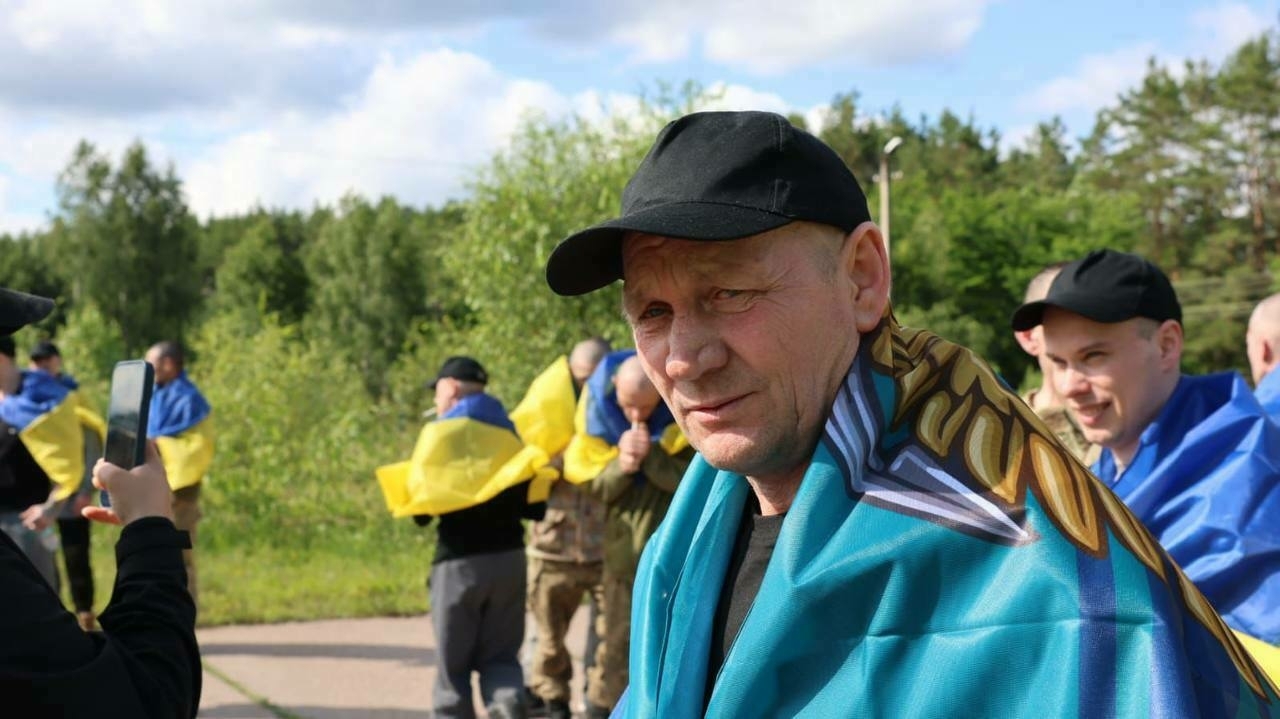
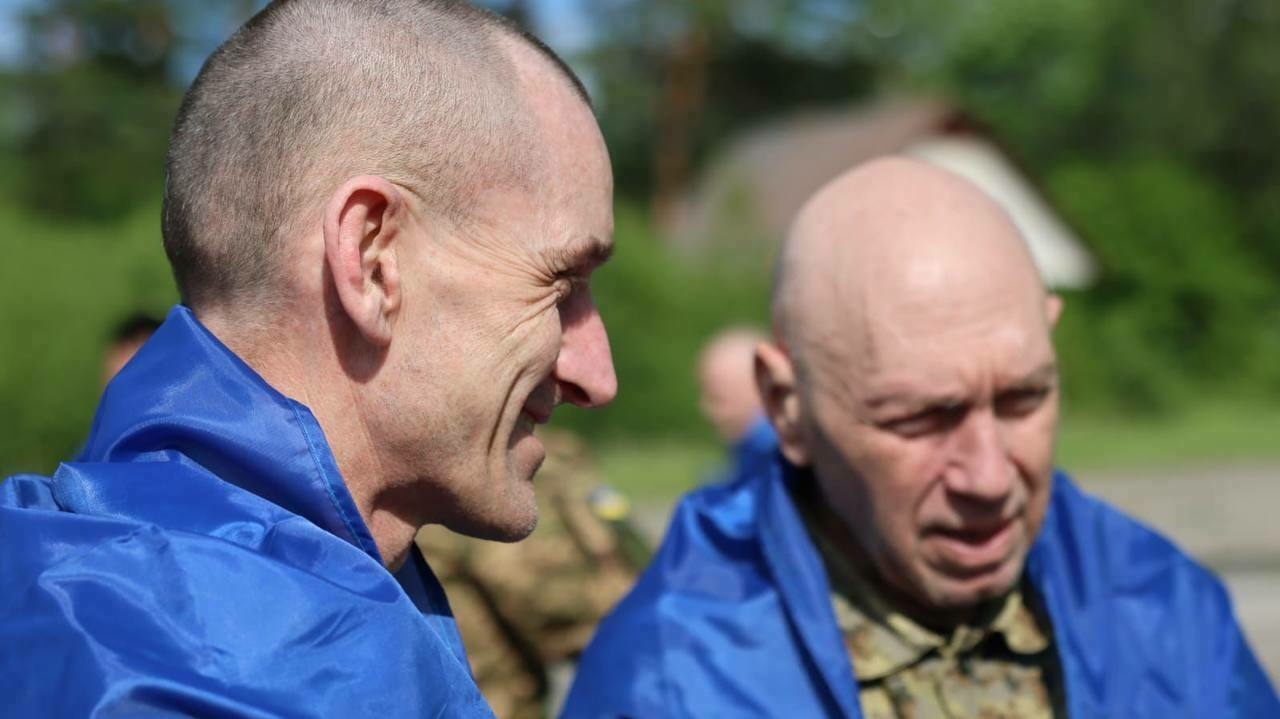
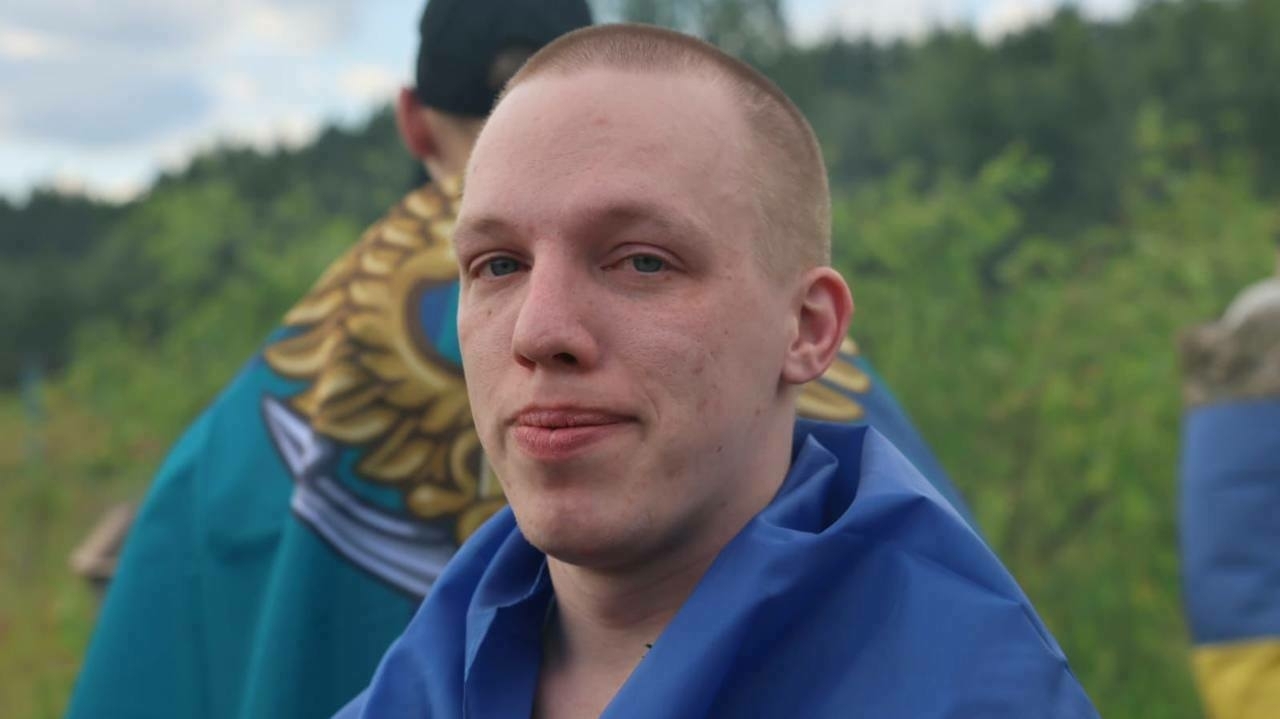
Most of those released had been in Russian captivity since 2022, with the youngest being a 24-year-old soldier taken prisoner during the battle for Mariupol. The oldest of the freed captives was 62.
The released soldiers fought elsewhere in Donetsk, Luhansk, Kherson, Kharkiv, Sumy, and Kyiv oblasts. Among those freed are several officers, according to the headquarters.
“We are doing everything possible to find each person and verify information about every name,” Zelensky said. “We must bring all our people home."
Russia’s Defense Ministry also announced a prisoner exchange with the Ukrainian side, without specifying the number of soldiers involved.
While no political breakthrough was achieved, both sides agreed to a phased exchange of prisoners and the repatriation of fallen soldiers' bodies. As part of that agreement, Russia pledged to return the bodies of up to 6,000 Ukrainian service members and citizens.
Moscow has handed over 6,057 bodies to Ukraine in several stages over the past few days. President Volodymyr Zelensky later said Ukrainian authorities have confirmed that at least 20 of the bodies Russia returned as Ukrainian were actually Russian soldiers.
According to Zelensky, Moscow is using this tactic as a tool for manipulation to obscure the scale of its military losses from the public.
The June 2 agreements came after the largest-ever POW swap in late May, when 1,000 prisoners were exchanged on each side.
Ukraine repeatedly called for a prisoner exchange in an all-for-all format, but Russia continues to reject the offer.
 The Kyiv IndependentDaria Shulzhenko
The Kyiv IndependentDaria Shulzhenko